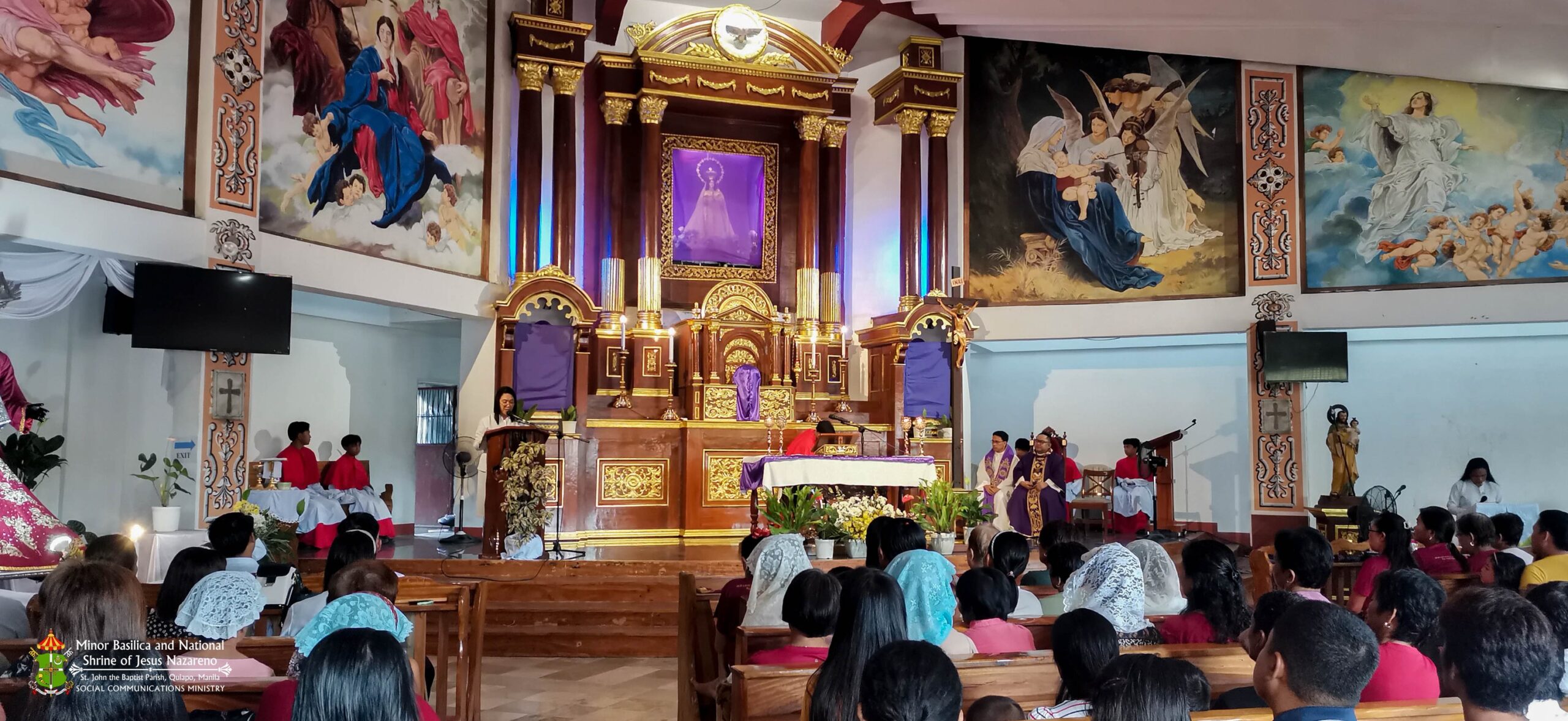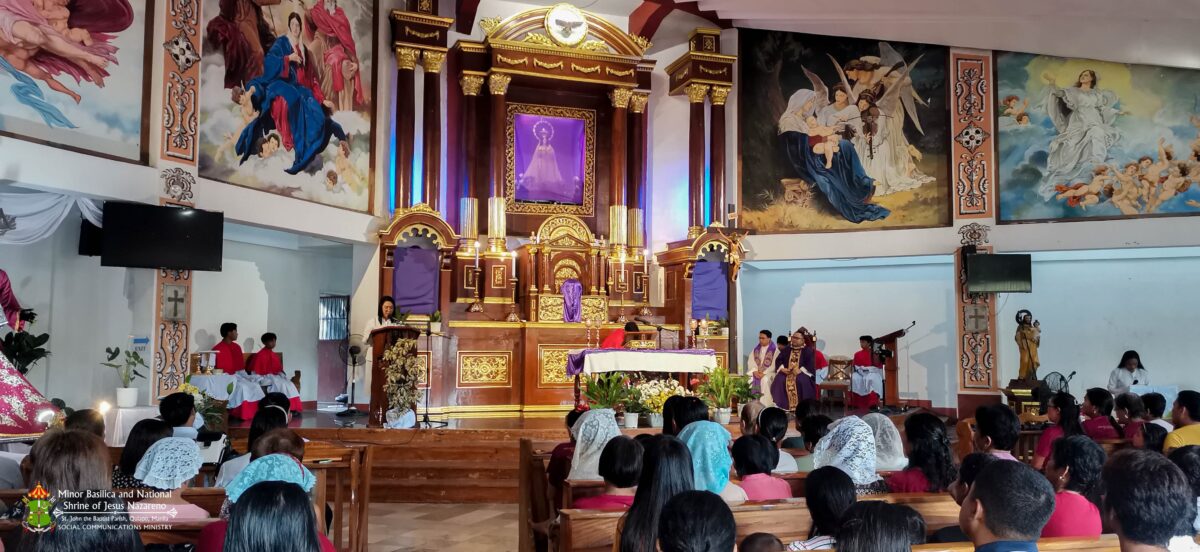Two weeks ago, we completed a three-part lecture series entitled “Finding the Filipino Soul, Narratives of Nationhood.” The first part covered the period from the La Liga Filipina of José Rizal to the declaration of martial law; followed by the martial law years to Edsa 1986; and capped by the post-Edsa years to the present. Close to 50 media practitioners, mostly millennials, attended the lectures.
In the Q&A of the third edition, I was impressed by the audience’s interest and growing resolve to do something good for the country. This crystallized when a young lady, maybe in her late 20s or early 30s, responded to a question posed by one of the more senior news anchors to the group, “Do you feel safe now?”
The woman expressed her fear of both physical and emotional violence—the former evoked by the extrajudicial killings, and the latter by the social media trolls. The empathy of the group was palpable. They could relate to her fear, yet they longed to do something to overcome the fear.
Fear is the real enemy of faith. This Sunday’s readings continue the theme of faith and the coming Sundays. As we come closer to the end of the liturgical year, it will further build on this. Specifically, the faith that Christ’s promise of redemption is at hand amidst trials and tribulations.
Our reflection this Sunday is how a moment of dire need leads to a humility that entrusts oneself to the mercy and compassion of another and makes one overcome fear. Such a triumph over fear is an experience of freedom and empowerment.
This makes the lepers’ petition, in the words of last Sunday’s opening prayer at Mass, “What conscience dreads and… what prayer does not dare to ask?”
It was unthinkable for lepers, who were outcasts of society then, to break all social norms to ask Christ with “raised voices” to have pity on them. It is the overcoming of fear that makes them dare to ask and thus be blessed with healing.
Overcoming fear
Overcoming fear builds communities of greater love, and this give us opportunities to excel.
This is one of the foundational core graces of the early Church. You have the apostles, the first-hand witnesses of the resurrection. In their encounters with the risen Lord, they were often greeted with, “Do not be afraid.” In Matthew, these were the first words of the risen Lord to the women at the tomb.
Overcoming fear gave the early Church the courage and the zeal to trailblaze and to establish one of the most enduring, and perhaps the first global organization in history. Its early success was not based on conquest, but conversion and transformation. It did not strike fear, but inspired people to do great things out of great love.
The same was true for the early Jesuits. Inspired by its founder’s core statement, “Love is best expressed in deeds,” they governed and led the early community “with greater love than fear.”
Thus, like the early Church, the Jesuits showed a remarkable dynamism in their growth in numbers and the daring with which they broke new ground in their works, a pioneering spirit aptly described by Ignatius’ favorite benediction: “Go forth and set the world on fire.”
The story of Diego Lainez, one of the first seven Jesuits, is an early expression of this love-driven spirit.
Lainez, if he applied then for membership in any religious order, would be flat-out refused. But not for Ignatius and the Jesuits who believed they must “refuse no talent, nor any man of quality.” Lainez succeeded Ignatius as the second superior-general of the Jesuits.
Ignatius and Machiavelli
The love-driven leadership of Ignatius set in an environment of greater love than fear was new in a society that was then very much influenced by the 15th-16th century Italian thinker Niccolò Machiavelli.
Machiavelli’s advice to leaders was, “If you have to make a choice, to be feared is much safer than to be loved.” This was the prevailing wisdom the Jesuits challenged with their “greater love than fear.”
After half a millennium, social psychologists would point out what the Ignatius-Machiavelli tiff so starkly displayed, our vision of humanity, how we view people, determines how we deal with them in the day-to-day.
In the midst of what seems to be a global trend toward renewed discrimination and ethnocentrism, in the midst of escalating hatred and violence, perhaps this is our hope and prayer: “What conscience dreads and… what prayer does not dare to ask…”
May we build communities of care, of greater love than fear.











































